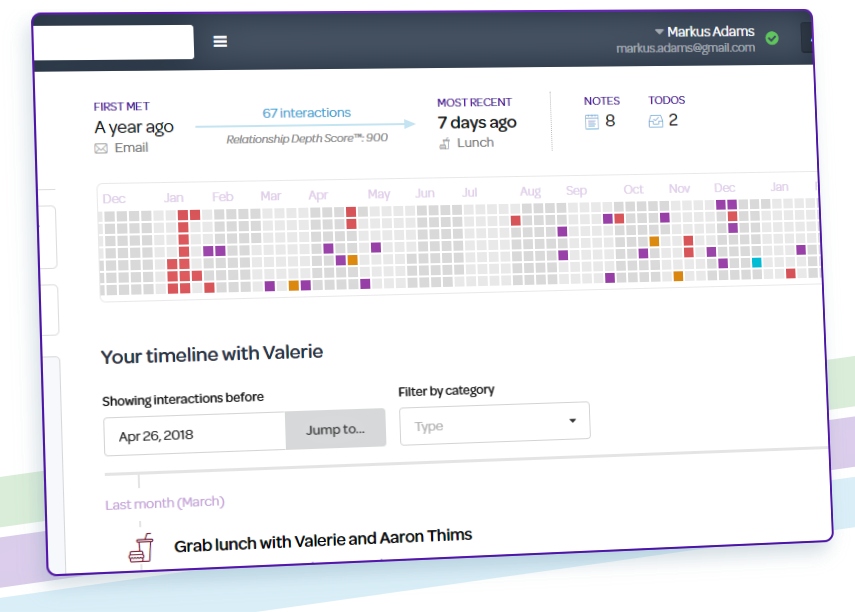
Short sales and foreclosures
According to RealtyTrac, one in four homes sold in the first quarter of 2012 were distressed properties, reaching 26 percent of all sales, up from 22 percent the previous quarter. RealtyTrac data also reveals that foreclosure homes sold for an average of $161,214, a 27 percent discount compared to non-distressed homes sold. Short sale homes accounted for 12 percent of all homes sold in the first quarter, for an average price of $175,461, the lowest level since RealtyTrac began tracking foreclosures seven years ago.
“Foreclosure-related sales picked up in the first quarter, particularly pre-foreclosure sales where a distressed homeowner is selling to avoid foreclosure — typically via short sale,” said Brandon Moore, chief executive officer of RealtyTrac. “Those pre-foreclosure sales hit a three-year high in the first quarter even as the average pre-foreclosure sales price dropped to a record low for our report.”
Moore continued, “Meanwhile the average price of a bank-owned home is stabilizing and even increasing in some areas where a slowdown in REO activity over the past year has resulted in a restricted supply of REO homes available. Still, REO sales did increase on a quarterly basis in 21 states, indicating that lenders are still working through a bottleneck of unsold REO inventory in many areas.”
Processing times, regional performance
During the first quarter, it took an average of 306 days to complete a short sale, and 370 days to process a foreclosure. “Lenders are approving more aggressively priced short sales, which in turn is resulting in more successful short sale transactions,” Moore said.
As short sales and foreclosure sales rose in the first quarters, REOs fell 15 percent over the year, accounting for only 14 percent of all sales during the period.
Nevada, where housing bubbled during the boom and sank during the bust, had more distressed property sales than any other state, followed by California and Georgia, RealtyTrac said.
Among the nation’s 20 largest metropolitan statistical areas, those with the biggest annual increases in pre-foreclosure sales were Atlanta (78 percent), Detroit (75 percent), San Antonio (74 percent), Sacramento (70 percent), and Dallas (69 percent).
Metro areas with the biggest annual increases in REO sales were Minneapolis (33 percent), Boston (30 percent), Philadelphia (22 percent), Atlanta (15 percent), and Chicago (13 percent).
Tara Steele is the News Director at The American Genius, covering entrepreneur, real estate, technology news and everything in between. If you'd like to reach Tara with a question, comment, press release or hot news tip, simply click the link below.








































